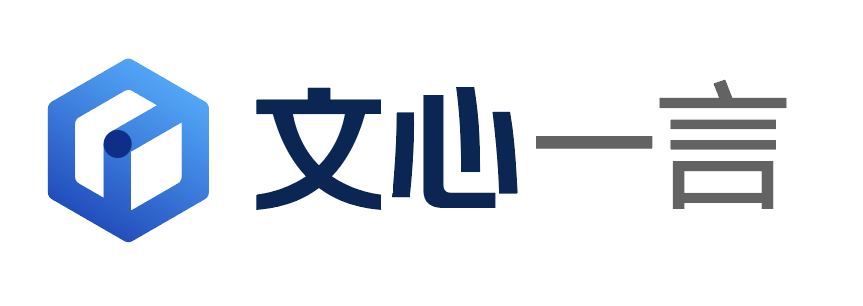
Many people are using new generative artificial intelligence to improve their creative work. Many artists resort to tools like Midjourney and Dall-E to portray an idea using simple word input. It even leads to discussions about a new ability: “prompt engineering.” Alternatively, there are discussions on the ideal group of words and expressions to communicate with an AI system.
Yet, according to a recent ruling from the US Copyright Office, coming up with the ideal prompt is insufficient to qualify as original work. Reuters said the office declined to protect artwork created using an AI program on Tuesday.
The copyright office recently reviewed “The Zarya of the Dawn.” This book is a graphic book by Kris Kashtanova. It featured artwork created with Midjourney.
In a letter, the office said Kashtanova would be granted copyright protection for the sections they authored, choose, and organized. However, the author wouldn’t receive copyright for the novel’s A.I.-generated graphics. This was because they were “not the product of human authorship.” No one regarded Kashtanova as the “inventive or mastermind behind the graphics.
In October 2022, the Copyright Office notified Kashtanova that it would review the book’s copyright registration since the application failed to reveal Midjourney’s purpose. The office later said it would provide copyright protection for the book’s content. The copyright also covers how Kashtanova chose and organized its parts.
The ruling is one of the first by a US court or agency on the extent of copyright protection for projects handled by AI. The ruling comes amid the rapid ascent of generative AI software like Midjourney, Dall-E, and ChatGPT.
Kris Kashtanova’s Reaction
Kashtanova called the office’s decision to provide copyright protection for the novel’s plot and visual arrangement “great news.” Also, the author noted that this opens up various possibilities for people working in the AI art community. Kashtanova believes the best way to advance the claim is to show that the photos represent her creativity.
Midjourney’s Reaction
Max Sills, general counsel for Midjourney, sees the ruling as a major success for Kris, Midjourney, and artists. Sills further noted that the Copyright Office clearly says that the result must be protectable if an artist exercises creative control over an image-generating tool.
The letter further noted that Midjourney differs from other artists’ tools in terms of copyright since no one can predict its precise output.
The featured image is taken from srimax.com



